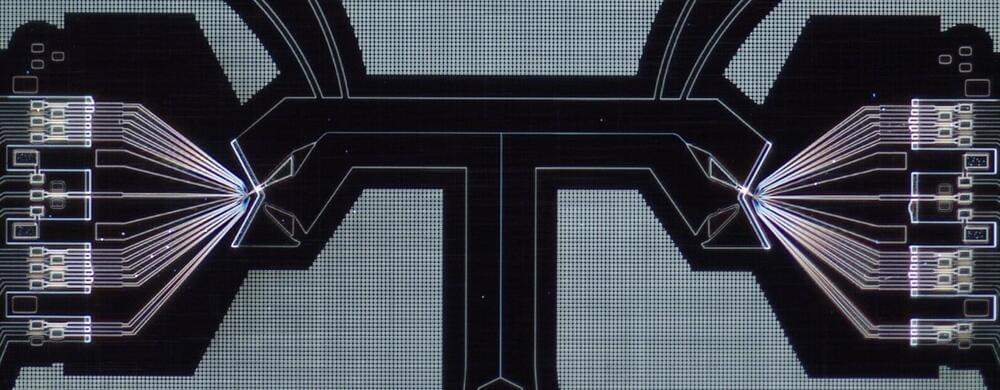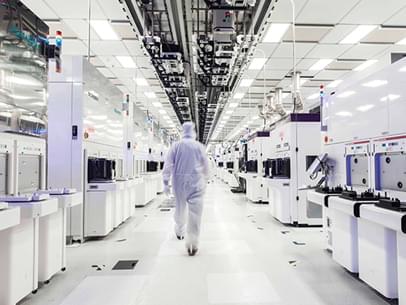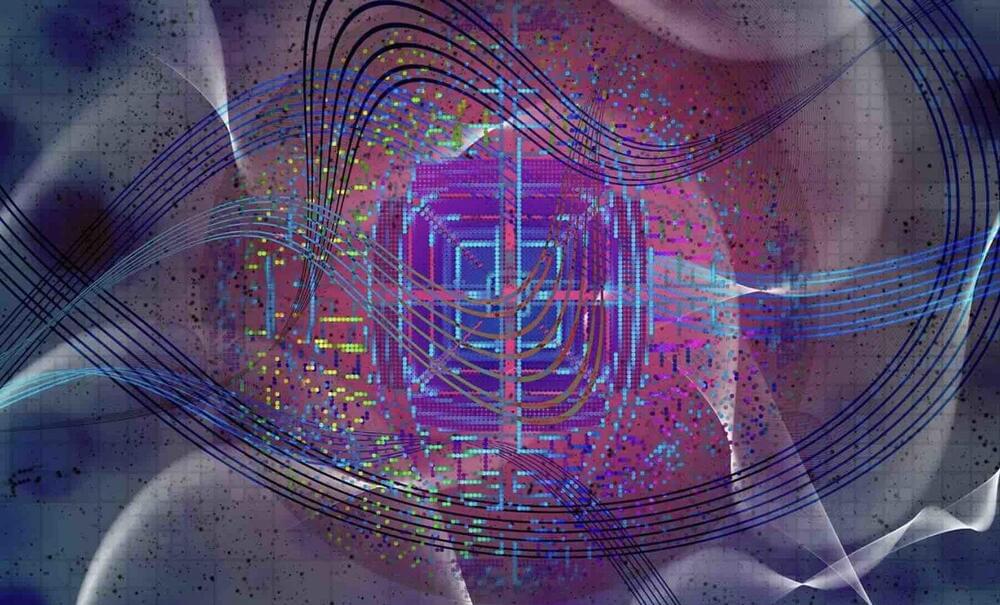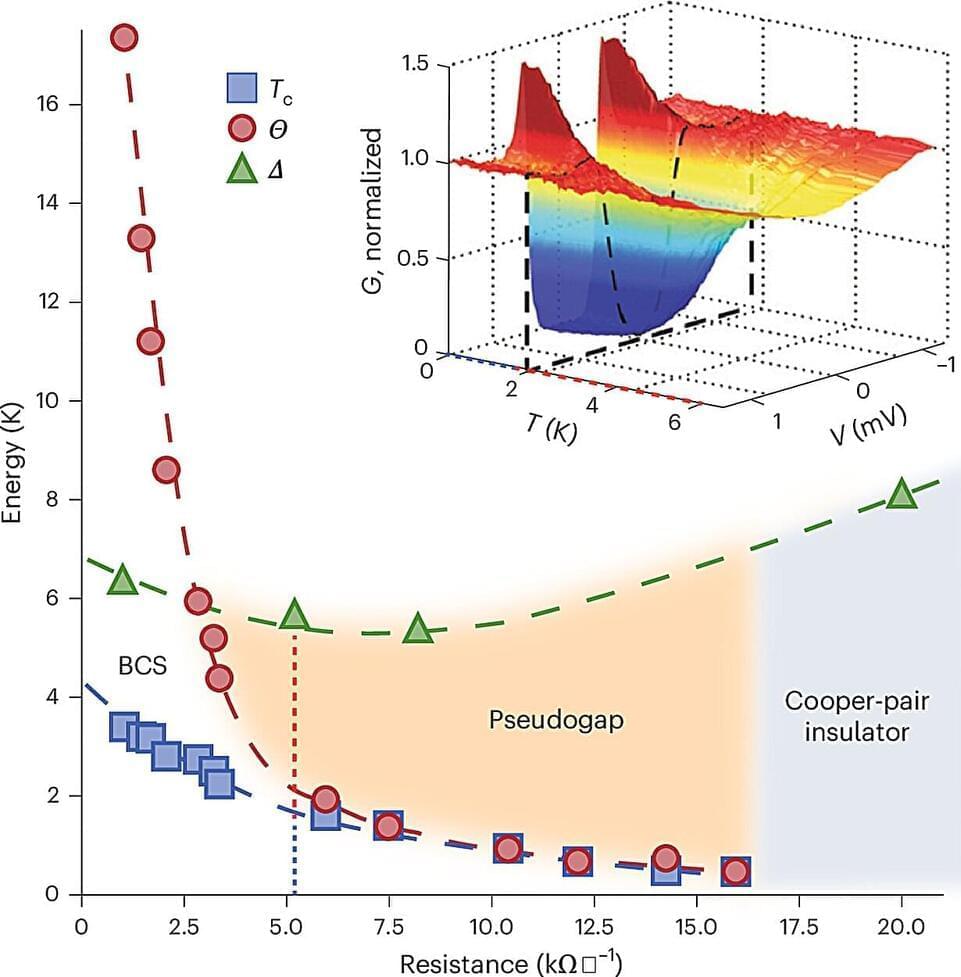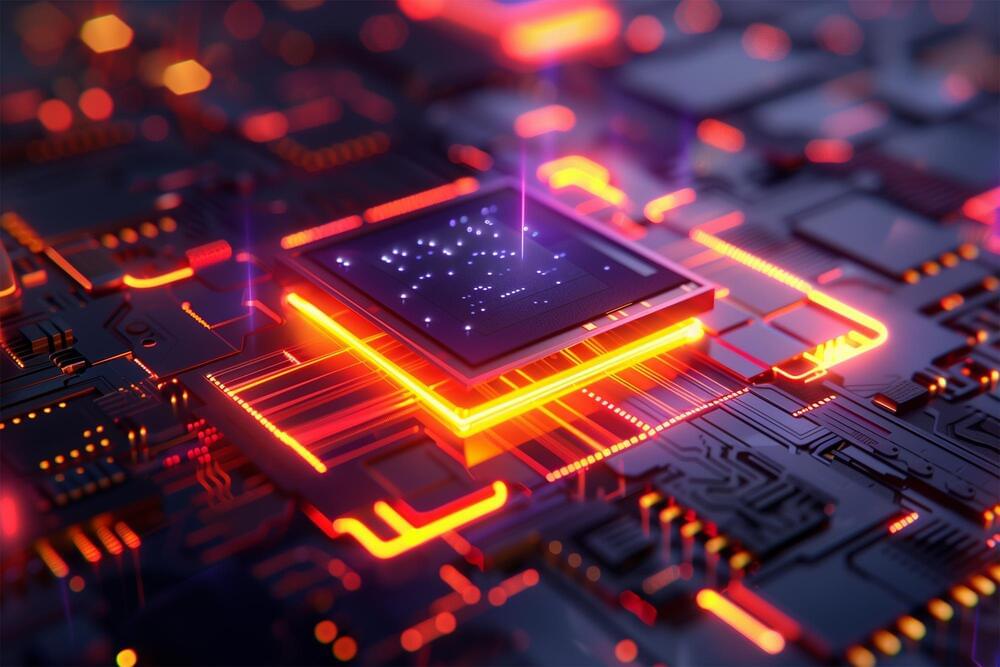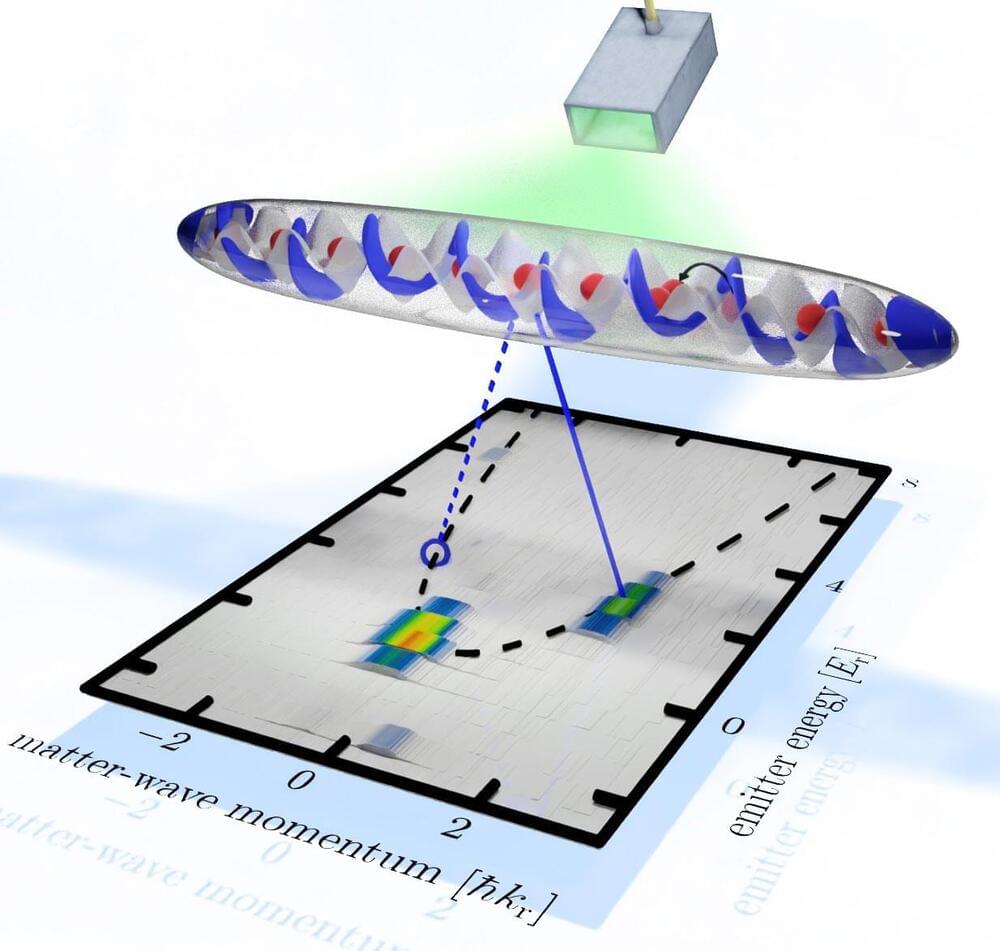Quantum computing holds the promise of outperforming classical computing on some optimization and data processing tasks. The creation of highly performing large-scale quantum computers, however, relies on the ability to support controlled interactions between qubits, which are the units of information in quantum computing, at a range of distances.
So far, maintaining the coherence of interactions between distant semiconductor qubits, while also controlling these interactions, has proved challenging. By overcoming this hurdle, quantum physicists and engineers could develop more advanced quantum computers that can tackle more complex problems.
Researchers at Delft University of Technology (TU Delft) have devised a promising approach to realize coherent quantum interactions between distant semiconductor qubits. Their paper, published in Nature Physics, demonstrates the use of this approach to attain coherent interaction between two electron spin qubits that are 250 μm apart.
